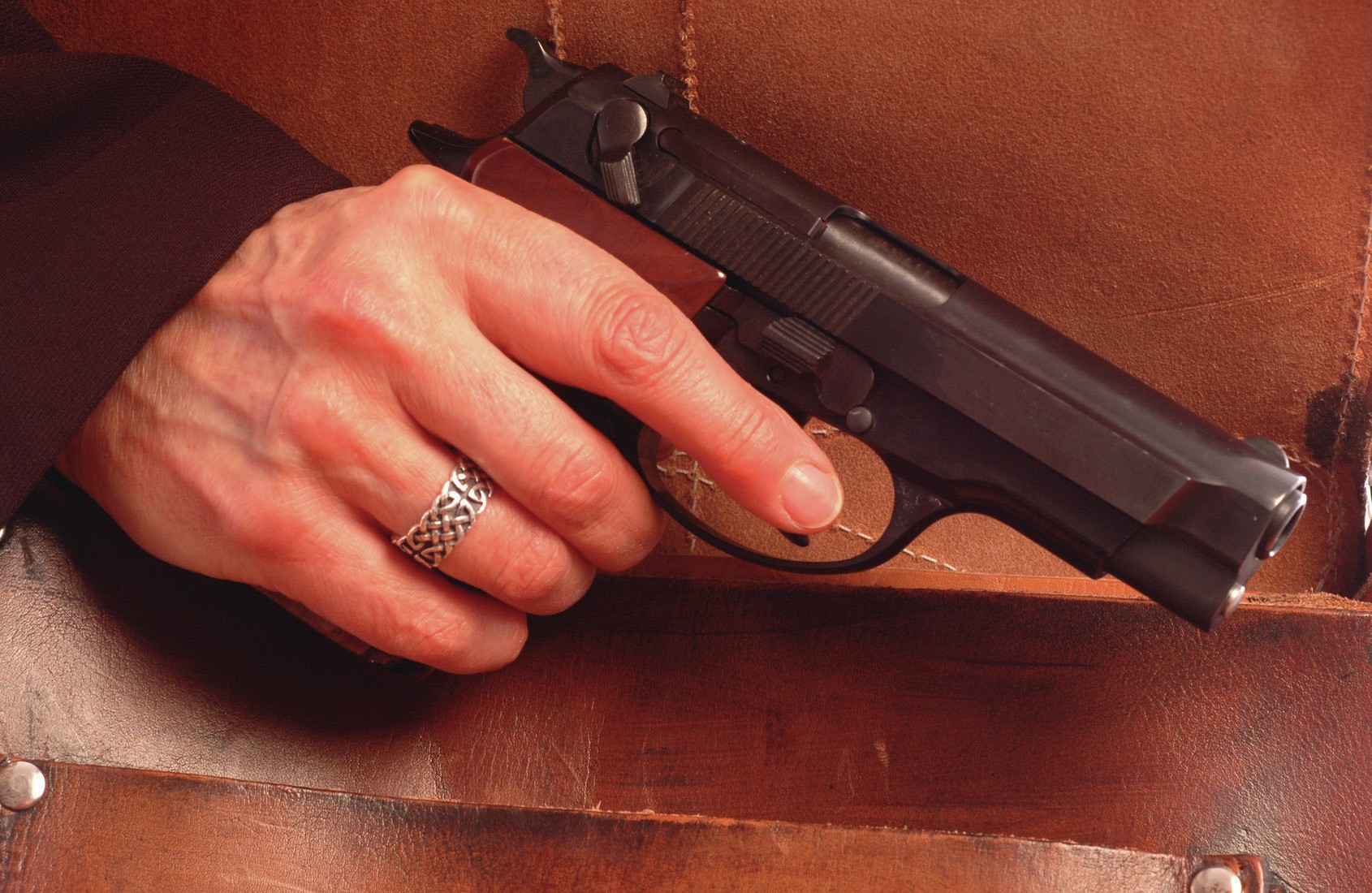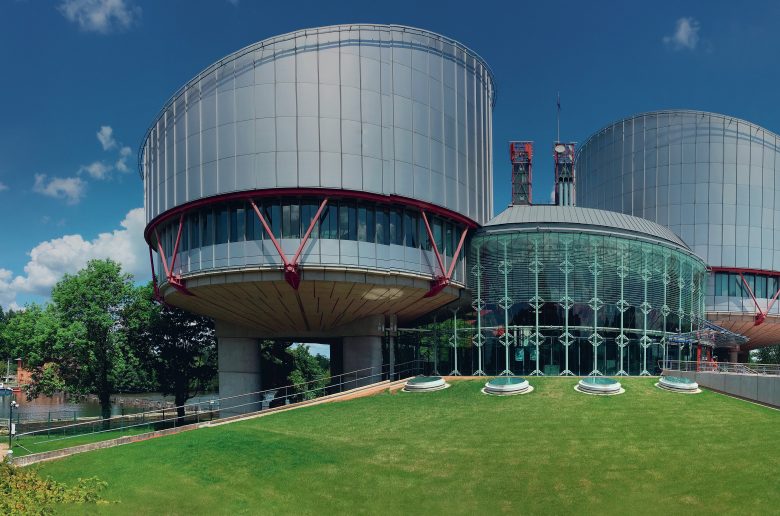
In perhaps one of the most significant opportunist cases involving judicial precedent in recent years, Lord Neuberger discussed and clarified the mechanics of the doctrine of English precedent. He said that the doctrine was fundamental in any common law system, that if there was no such system then there would be anarchy, the system would lose its coherence and, perhaps most importantly, lose its predictability. Indeed, he stressed the importance of the junior courts following those decisions made by the senior courts.
The case involved a nine-judge affirmation of the Supreme Court stating that in cases involving the Judicial Committee of the Privy Council (see p. 9), that court should, when applying English law, be able to depart from an earlier decision of the Supreme Court (previously the House of Lords) to the same extent and with the same effect as the Supreme Court, within certain guidelines laid down here. The case involved an appeal from the Chancery Division where the judge had decided that she had been bound by a House of Lords case rather than a subsequent, and contradictory, Privy Council case. Nevertheless, she had granted a ‘leapfrog certificate’ allowing the Supreme Court to hear an appeal against her decision.
Your organisation does not have access to this article.
Sign up today to give your students the edge they need to achieve their best grades with subject expertise
Subscribe




